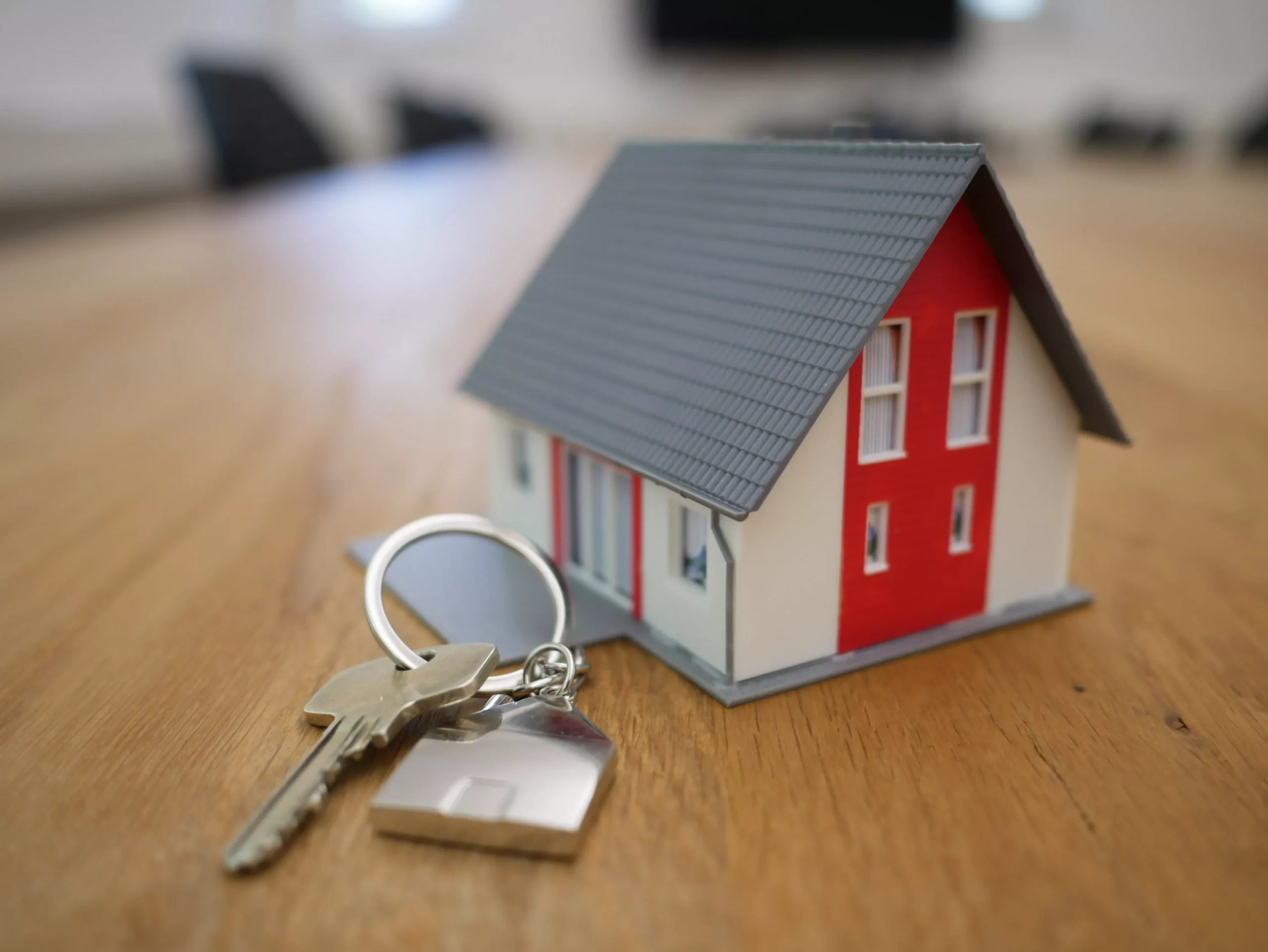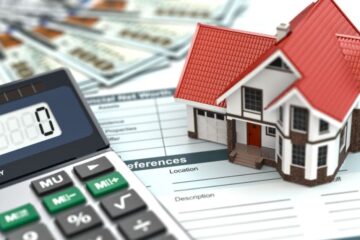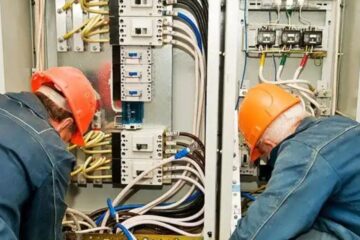Habitability stands as a cornerstone of rental property management, encompassing the basic living conditions that landlords must uphold for their tenants. It encompasses a range of factors, including the provision of clean water, proper sanitation, safe and functional electrical and plumbing systems, and freedom from pest infestations, among others. Understanding the legal obligations associated with habitability is crucial for landlords to not only comply with the law but also to ensure the well-being and comfort of their tenants. Neglecting these responsibilities can lead to legal ramifications and strained landlord-tenant relationships. Therefore, it is incumbent upon landlords to proactively address any habitability issues that may arise, promptly attending to repairs and maintenance to maintain a safe and comfortable living environment.
For tenants, knowing their rights regarding habitability is equally important. It empowers them to hold landlords accountable for providing and maintaining a livable space. If habitability standards are not met, tenants have legal recourse, which may include seeking necessary repairs, withholding rent, or in extreme cases, pursuing legal action. Open communication between landlords and tenants regarding habitability concerns is essential in fostering a healthy living environment. By being aware of their respective roles and responsibilities in maintaining habitability standards, both parties can work together to create a positive and cooperative living arrangement. In this blog post, we aim to tell you about the fundamental aspects of habitability, equipping both landlords and tenants with the knowledge they need to ensure a safe, comfortable, and legally compliant living environment.
Defining Habitability
Habitability encompasses a broad spectrum of conditions that a rental unit must meet to ensure a safe, healthy, and comfortable living space for tenants. It goes beyond merely providing shelter, extending to the overall quality of life within the property. These conditions typically include adequate sanitation, ensuring that toilets, sinks, and other plumbing fixtures are in good working order, and that the property is free from pests and vermin. Additionally, habitability requires functioning heating, ventilation, and air conditioning systems to keep a comfortable indoor temperature. Plumbing and electrical systems must also be in good repair to provide essential services. Furthermore, properties must be free from structural hazards that could pose a danger to occupants. This includes making sure that the property is structurally sound, with no issues that could compromise its stability or safety. Lastly, habitability standards dictate that common areas such as hallways, stairwells, and shared spaces must be clean, well-lit, and secure, contributing to a safe and pleasant living environment for all tenants. By upholding these standards, landlords not only meet legal requirements but also foster a positive and respectful landlord-tenant relationship.
Legal Obligations of Landlords
Landlords bear a legal responsibility to provide habitable living conditions for their tenants. This encompasses a range of obligations, foremost among them being the timely repair and upkeep of crucial amenities such as plumbing, heating, and electrical systems. These essential services are pivotal to ensuring that tenants can live comfortably and safely in the rental property. Additionally, landlords must conduct routine maintenance to preempt any health or safety hazards that can arise over time.
This duty to maintain habitable premises is not only a legal requirement but also a foundational factor of providing a dignified and secure living environment. Failing to fulfill this obligation can lead to legal consequences and strained relationships with tenants. Therefore, it is imperative for landlords to proactively address any maintenance or repair needs promptly, demonstrating a commitment to the well-being and satisfaction of their tenants. By upholding these responsibilities, landlords contribute to the creation of a positive and harmonious living environment for all parties involved.
Addressing Tenant Complaints
When tenants encounter habitability issues, it’s crucial for landlords to address them promptly. Effective communication and swift action not only fulfill legal obligations but also foster a positive tenant experience. Maintaining open communication can lead to prevention of minor issues from escalating into major disputes.
Tenant Remedies for Habitability Violations
If habitability issues persist and landlords fail to address them, tenants have several legal remedies at their disposal. These may include withholding rent until the issue is resolved, making necessary repairs themselves (and deducting the cost from rent), or even pursuing legal action for damages.
Preventative Measures for Landlords
Proactive maintenance and regular inspections are key to preventing habitability issues from arising in the first place. Landlords should conduct routine checks to identify and rectify potential problems early on. Maintaining a documented history of repairs and maintenance can serve as great evidence in the event of any disputes.
Why Compliance with Habitability Matters
Ensuring habitability is not only a legal obligation but also contributes to a positive landlord-tenant relationship. A well-maintained property reflects positively on the landlord, potentially leading to long-term, reliable tenancies.
In conclusion, understanding and upholding habitability standards is a fundamental aspect of being a responsible landlord. By prioritizing maintenance and promptly addressing tenant concerns, landlords can create a positive living environment that benefits both parties. For expert guidance and legal support in matters of landlord-tenant law, consider consulting Dignity Law Group. As the best Landlord And Tenant Law Firm in town, they specialize in providing top-notch services tailored to your specific needs.
Stay in touch to get more updates & alerts on Washington Greek! Thank you



